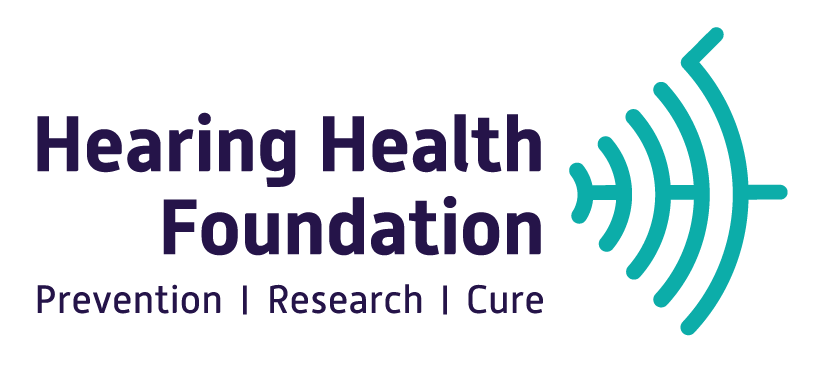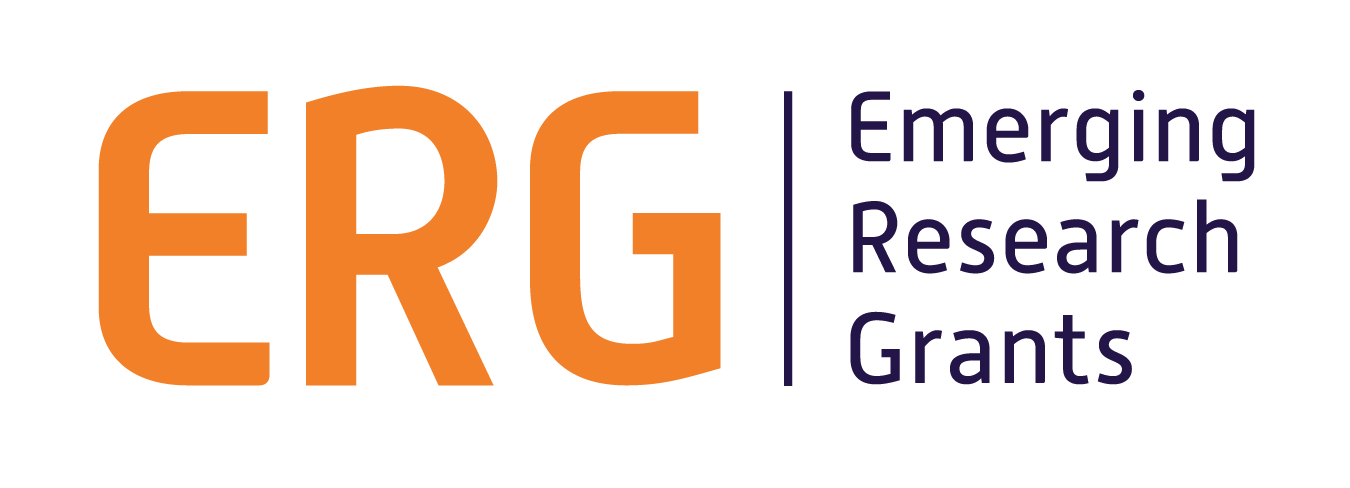Philanthropy of the Grand Chapter of Royal Arch Masons of the State of Missouri and the General Grand Chapter of Royal Arch Masons, International.
1974 – 2024
50 Years of Making a Difference
Since its conception in 1974, Royal Arch Research Assistance (RARA), has become the Leading, Non-educational institution dedicated to helping children with Central Auditory Processing Disorders. RARA does not directly fund treatment centers or hospitals, instead it focuses on funding researchers in CAPD, setting them on a lifelong career path to conquering the disease. RARA has special relationships with the Hearing Health Foundation and Autism Speaks whose board members suggest and vet researchers for RARA funding.
R.A.R.A. supports research seeking the understanding of, and a cure for, Central Auditory Processing Disorder (CAPD, understanding the relationship between CAPD and Autism, and Gaps in Noise Auditory Processing Test for Service Members.
THE BEGINNING
At the 1972 Triennial meeting in Las Vegas, Most Excellent (M.E.) Edward Selby, Past Grand High Priest (P.G.H.P.) of Ohio and Grand King of the General Grand Royal Arch Chapter International, proposed at the Grand King’s meeting that General Grand Chapter should have a unique and unified Philanthropy, one that would not conflict, detract or duplicate existing charities.
In 1974, the R.A.R.A. was born after extensive investigation. The plans were implemented in 1975 during M.E. Gordon Merrick’s term.
HOW CAN I HELP?
If you would like to take part in helping children with Central Auditory Processing Disorders, share this information with your friends, coworkers, family and your local school system. Your financial contribution will allow you the satisfaction of knowing that this invaluable research and service to humankind will continue for years.
WHAT IS C.A.P.D.?
What Dyslexia is to the eyes, CAPD is to the ears. With this condition people can’t understand what they hear in the same way others do. This is because their ears and brain don’t fully coordinate. Something interferes with the way the brain recognizes and interprets sounds, especially speech.
CONSEQUENSES
CAPD occurs when an individual has excellent hearing but has difficulty understanding speech and concentrating in the presence of background noise. Just the presence of sound (pencils tapping, birds chirping, etc.) can challenge an inefficient central auditory nervous system and make it more difficult for students and adults to focus on, and listen to, the task at hand.

SYMPTOMS
The top behaviors reported by a random sampling of Able Kids Foundation gifted clients diagnosed with CAPD were: sensitivity to sounds, easily distracted, mispronouncing words, easily frustrated, experiencing anxiety, history of ear infections, mishearing what is said, forgetful, weak grasp of phonics, confusing similar sounding words, difficulty following directions, and appearing confused in noisy places.
HOW FUNDING HAPPENS
R.A.R.A. does not directly fund treatment centers or hospitals, instead it focuses on funding researchers in CAPD, setting them on a lifelong career path to conquering the disease. R.A.R.A. has special relationships with the Hearing Health Foundation and Autism Speaks whose board members suggest and vet researchers for R.A.R.A. funding.
DO I REALLY HELP?
Researchers funded by RARA have made tremendous strides toward a better understanding of CAPD, as well as developing treatments and therapies that can benefit anyone affected by the disorder, from children to the elderly.
Many RARA-supported HHF grantees have gone on to receive awards from the following federal institutions: National Institutes of Health, National Institutes on Deafness and Other Communication Disorders, National Institute of Neurological Disorders and Stroke, National Institute of General Medical Sciences, National Science Foundation, Congressionally Directed Medical Research Programs, Department of Defense, Veterans Administration.
DO I REALLY HELP?
A longstanding partnership to improve lives.
In 2011, Autism Speaks and the Royal Arch Masons forged a strong relationship that has included more than $1 million in pledged funding. In 2016, Autism Speaks announced the first Royal Arch Masons Fellowship. In addition to supporting research, Royal Arch Mason funding helps Autism Speaks teach health care providers and caregivers about auditory processing disorder in autism and the importance of evaluation when children show related challenges.

R.A.R.A RECOGNITION PINS
- $100 – Bronze Pin
- $300 – Silver Pin
- $500 – Gold Pin
- $1,000 – Diamond Pin
- $2,500 – Keystone Badge
- $5,000 – RARA Diamond Badge
Must inform RARA Board Secretary to award pin.
YOU can make a difference!
support your charity!
If in Missouri, send your R.A.R.A. contributions to your Chapter Secretary who will forward it to the Grand Secretary. Otherwise, send your R.A.R.A. contributions to the address at the bottom of this page.
Contributions can be sent to:
RARA, MGYR Office,
107 S. Williams Street,
Fayette, MO 65248-1017



